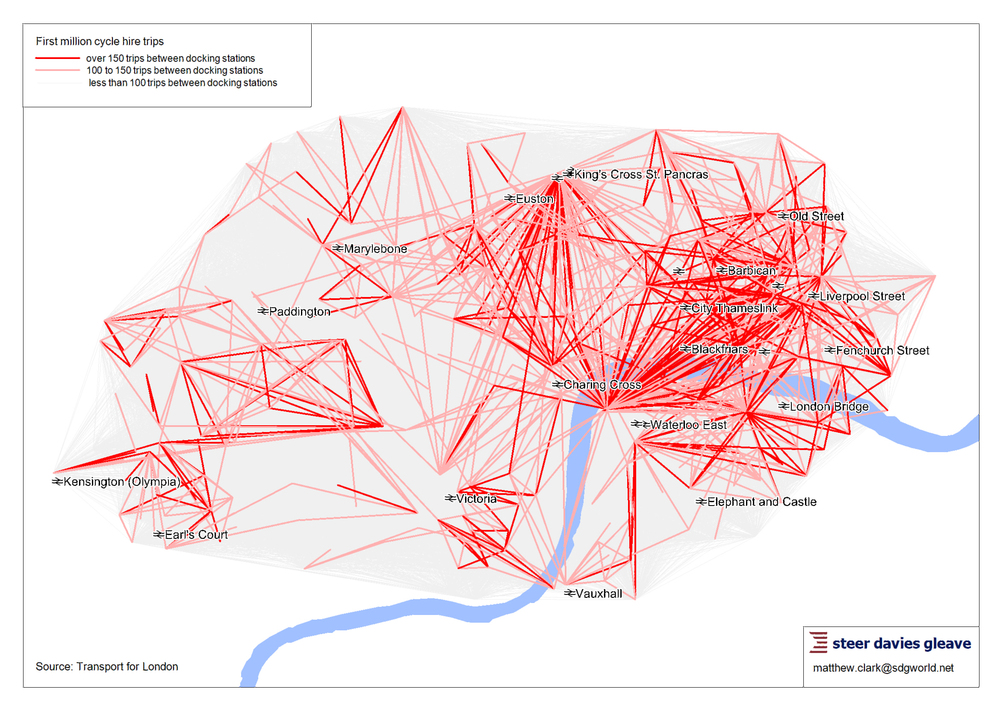It’s become a near-cliche to say that the average cost of a wedding is £20,000. The statistic has become so widely repeated that I decided to find out where it came from – and how accurate it might be. Collaborating via the Help Me Investigate, this is what I and Martin Griffiths found:
The source:
The £20,000 figure comes from You & Your Wedding, a magazine published by Natmags. More specifically, it comes from an annual survey of their readers.
In 2008 their survey found that “average” wedding spending amongst readers had crossed £20,000 for the first time. The magazine, naturally, marked this landmark with a press release that was very widely reported at the time. As a result, it seems the £20,000 figure has entered the popular consciousness despite another 2 years passing.
The sample:
1500 readers completed the survey, according to this Guardian report. In 2007 there were around 235,000 marriages and provisional figures for 2008 suggested the final total would be within a thousand or two. The 1500 readers – if they all married that year – therefore represent around 0.6% of that year’s brides or grooms.
They also represent 2.5% of people who buy a copy of the magazine – or around 0.6% of their “readership” (calculated by estimating that each copy of the magazine is read by four people).
A media pack for You & Your Wedding for 2007 gives us an indication of how representative their readership are of brides- and grooms-to-be. However – it’s not clear whether these figures come from the readership survey or another source.
The median age of readers is given as 31 – the median age of women who married in 2008 is also 31.
However, the competition does not allow entries from those under 18 – excluding a very small number of brides (1.4% of marriages were aged 16-19 in 2008)
Martin Griffiths also compared reader social class figures with overall NRS figures for same year.
- AB – 26% of readers, 26% overall (24% of women)
- C1 – 28% of readers, 29% overall (31% of women)
- C2 – 30% of readers, 21% overall (18% of women)
- DE – 13% of readers, 24% overall (27% of women)
So the biggest difference is that there are considerably more C2s and considerably fewer DEs than in the general population, and this gets even more pronounced if we assume most readers are women.
The calculation:
The average cost quoted by You & Your Wedding is almost certainly a mean, calculated by diving the cost of all weddings by the number of weddings. This sort of average is vulnerable to being skewed by very large numbers at the top end. (To give you an example, if Bill Gates walks into a bar then the average person’s earnings goes over £1m).
As it happens The Wall Street Journal’s Numbers Guy has written about the same subject – average cost of weddings – in the US. With access to more than one set of data, he concludes that the median cost – that is, the value in the middle of all the others – is around half the £20,000 figure normally quoted.
If – and this is a big if – the pattern is similar in the UK, then the ‘average’ UK wedding would actually cost nearer £10,000.
If you have any more information on this subejct or this investigation, please let us know.
